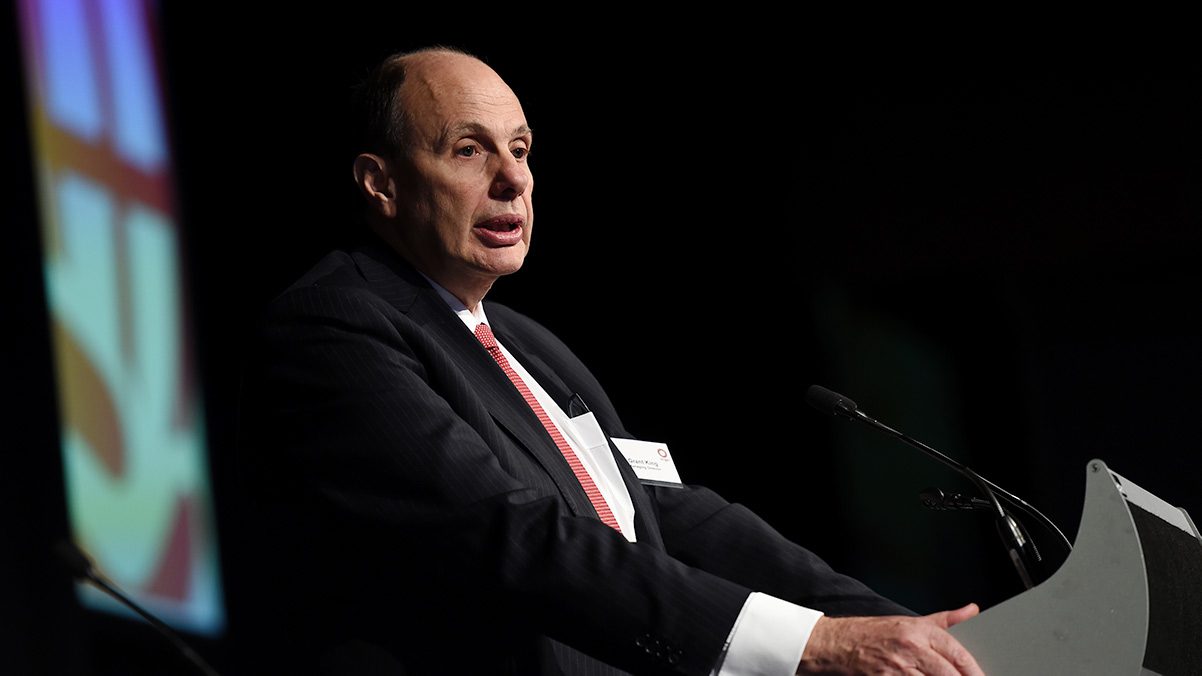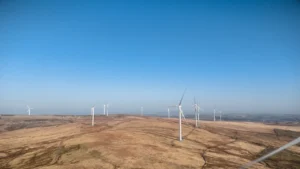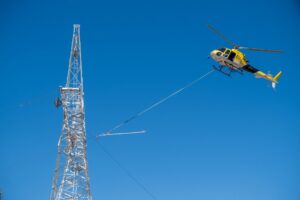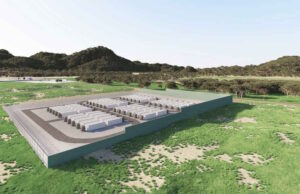The recently appointed chair of the Climate Change Authority, Grant King, has spoken of his support for nuclear power, and the presence of a ‘secret society’ preparing to lobby governments to lift the ban on nuclear power in Australia.
In a speech to the Minerals Council of Australia, one of his first since his appointment to the CCA was announced in April, King also indicated that he would advocate for clean energy technologies that are compatible with continued fossil fuel use, such as carbon capture and storage.
“Everything that reduces emissions is good,” King told the conference. There is no good or bad reduction of emissions. If we are storing carbon safely, that is as good as reducing emissions in some other location, and you cannot get to net zero any other way than recognising that duality exists,” King said.
“There is an enormous amount of sunk capital in old technologies, and their ability to be adapted and evolved and to make a difference today is far greater than people estimate.
“But we like the shiny new stuff, because we think new stuff is better than old stuff, even if you’ve got to wait ten or 20 years for it to be competitive.”
Interestingly, King – a former CEO of Origin Energy – indicated he would use his new position at the CCA to reinvigorate the debate around nuclear power, saying that he believed the economics of small modular reactors could be feasible.
“If we want to get into a debate, it is important that we throw nuclear into the mix and say Australia is going to have to come to grips with that issue and is going to have to decide whether or not it lifts that regulatory prohibition and allows the innovation and investment that is now happening, particularly for modular reactor technology, to be applicable here in Australia,” King said.
“The story is good in terms of risks and the things that we as a generation grew up fearing, we were taught to get under the desk just in case, that is all going to go away.”
King said there was something akin to a “secret society” that had been working in the background to advocate for legislative reforms to lift the prohibition on nuclear power.
“The prohibition has to be lifted and there is a secret society of people out there trying to figure out what conversation needs to be had with the government to lift that prohibition.”
Nuclear energy projects are currently prohibited in Australia under the Environmental Protection and Biodiversity Conservation Act, and suggestions of any lifting of the ban have long been politically contentious, even if many in the Coalition, and some in Labor, support the ban’s removal.
Small modular reactors have been touted as a potentially lower cost and safer way of producing electricity from nuclear fuels, but have had no real-world deployments as a commercial technology.
US-based TerraPower, which has received financial backing from Bill Gates and Warren Buffet, is looking to deploy one of the next-generation nuclear reactors in the state of Wyoming. The project will replace a coal-fired generator and is expected to take at least seven years to get up and running.
As CEO of Origin Energy, King oversaw the company’s significant push into the LNG gas market, and was later the president of the Business Council of Australia.
King was also commissioned to undertake a review of the Morrison government’s Emissions Reduction Fund, recommending that the fund be opened up to providing support for carbon capture projects and to pay large-industrial firms to cut their emissions.








